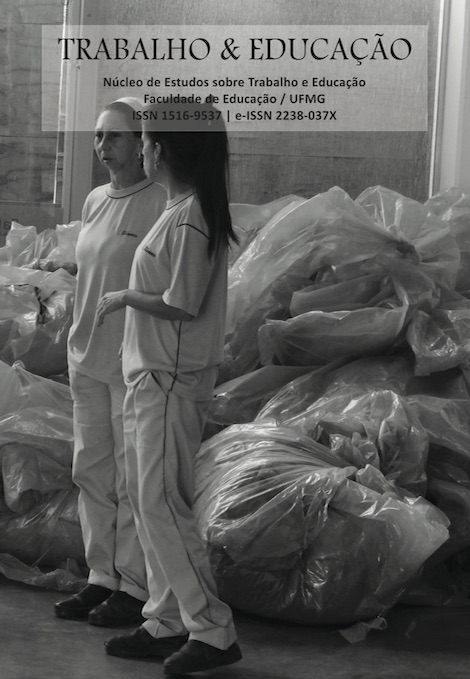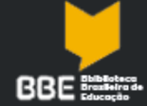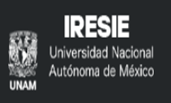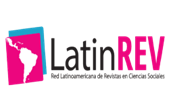PRECARIZAÇÃO DO TRABALHO DOCENTE E FORMAÇÃO DO SUJEITO CRÍTICO: (IM)POSSIBILIDADES E (DES)CAMINHOS / Precariousness of teaching work and formation of the critical subject: (im)possibilities and (un)ways
Palavras-chave:
Precarização do trabalho docente, Formação do sujeito crítico, Ideologia. | Precariousness of teaching work, Formation of the critical subject, Ideology.Resumo
This article consists of the discussion and the results of a doctorate research in education. This study aimed to examine the discourses of teachers of Portuguese Language of three schools of Niterói-RJ about the formation of a literate critical subject, not excepting the analysis of the possibilities and limits of these practices. The literature review was divided into three sections: the current context of precariousness of teaching, making use of authors aligned to historical materialism and dialectical; the formation of a literate critical subject docks in Freire's contribution; the concepts of language and ideology under a Bakhtinian perspective. The population studied was the total group of teachers of Portuguese Language of the three schools. Data collection was limited to two phases: application of semi-structured questionnaires; realization of focus groups, whose interactions, based on a screenplay, were analyzed here. Teachers, while recognizing the importance of their work in dealing with language, for the formation of a literate critical subject, let ooze such necessity considering it utopian. This is an official ideology - the ideological phenomenon embodied in language - wet by the idea that changing the world is impossible. Liberating education for the critical role in the historical process is subsumed in pragmatism, in activism, because of (semi)generalized training and the actual conditions of poor public school.
___
Este artigo compõe parte da discussão e dos resultados de uma pesquisa de doutorado na área de educação. Objetivou-se examinar os discursos dos professores de Língua Portuguesa de três escolas municipais de Niterói-RJ acerca da formação do sujeito crítico letrado, sem excetuar a análise das possibilidades e dos limites dessas práticas. A revisão de literatura se dividiu em três seções: o contexto atual de precarização do trabalho docente, lançando mão de autores alinhados ao materialismo histórico e dialético; a formação do sujeito crítico letrado com ancoragem no aporte freireano; os conceitos de linguagem e de ideologia sob a perspectiva bakhtiniana. A população estudada foi o grupo total de professores de Língua Portuguesa das três escolas. A coleta de dados se limitou a duas fases: aplicação de questionários semiestruturados; realização de grupos focais, cujas interações, com base em um roteiro, foram aqui analisadas. Os professores, embora reconheçam a importância de seu trabalho no trato com a linguagem, para a formação do sujeito crítico letrado, deixam esvair tal necessidade considerando-a utópica. Trata-se de uma ideologia oficial - do fenômeno ideológico materializado na linguagem - molhada da ideia de que mudar o mundo é impossível. A educação libertadora para a atuação crítica no processo histórico é subsumida no praticismo, no ativismo, em razão da (semi)formação generalizada e das condições concretas de uma escola pública precária.













